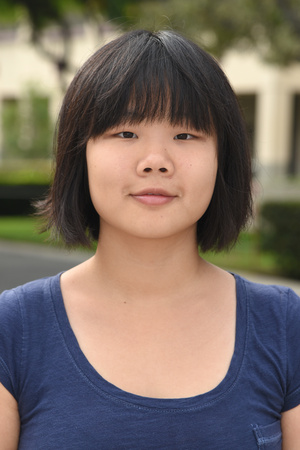Wednesday, June 9, 2021 - 10:00am
Abstract: In nature, metalloproteins can perform difficult transformations with high selectivity and efficiency through precise control of the primary and secondary coordination sphere. Synthetic chemists have developed biomimetic ligand scaffolds to better understand the coordination environments in the active sites of metalloproteins. However, besides the ligands covalently bound to the metal center, control of the secondary coordination sphere that is comprised of non-covalent interactions also has significant influence in complex properties. This dissertation describes how modulation of the secondary coordination sphere by incorporating different H-bond donor or acceptors affects the chemistry of metal complexes.
Speaker:
Chen (Sunny) Sun
Institution:
Borovik Group
Location:
Zoom

